Quiz General culture
Last Updated:
Welcome to our general knowledge quiz site! We’re delighted to offer you a fun and interactive way to broaden your cultural knowledge and test yourself on a wide range of topics.
General knowledge quizzes are a great way to test and improve your knowledge in different fields such as art, entertainment, geography, history, literature, nature, science and sports. They are often used to improve your academic standing, pass competitions and academic tests. You can choose the subjects that interest you most, or take on more difficult challenges to discover new cultural references.
By playing our general knowledge quizzes, you’ll have the opportunity to learn in a fun way, thanks to our well-thought-out questions. You can also practice and deepen your knowledge with the detailed index of answers.
Test your knowledge now and find out how much you really know!
General knowledge is the sum total of a person’s varied knowledge of a wide range of subjects. It encompasses fields such as history, geography, literature, science, the arts and many others. A good general knowledge enables you to understand the world better, to take part in enriching conversations and to stand out in academic and professional contexts.
General knowledge quizzes are a fun and effective learning tool. By answering questions on a variety of subjects, you can reinforce your knowledge and stimulate your memory. What’s more, the variety of questions allows you to explore areas with which you may not yet be familiar. Our quizzes are designed to be accessible and rewarding, offering both interesting information and an intellectual challenge.
Our easy general knowledge quizzes are perfect for beginners or those who want to test their basic knowledge. These quizzes cover common topics and essential facts, allowing you to familiarize yourself with different areas without feeling overwhelmed.
sports
/ 10

At which Olympic Games is Allyson Felix voted IAAF Female Athlete of the Year?
1London 2012 Olympic Games
2Rio de Janeiro 2016 Olympic Games

🙌 Good answer
Allyson Felix was voted IAAF Female Athlete of the Year in 2012, following her outstanding performance at the London Olympics that same year.
Next question

😞 Wrong answer
Allyson Felix was voted IAAF Female Athlete of the Year in 2012, following her outstanding performance at the London Olympics that same year.
Next question
geography
/ 10

What is the capital of the Central African Republic?
1Bangui
2Brazzaville

🙌 Good answer
The capital of the Central African Republic is Bangui, located on the banks of the Ubangi River. It is the political, economic and cultural heart of the country.
Next question

😞 Wrong answer
The capital of the Central African Republic is Bangui, located on the banks of the Ubangi River. It is the political, economic and cultural heart of the country.
Next question
geography
/ 10

What is the capital of Norway?
2Oslo
1Helsinki

🙌 Good answer
Oslo is the capital of Norway. Known for its museums, green spaces and fjord, Oslo is a dynamic and cultural city.
Next question

😞 Wrong answer
Oslo is the capital of Norway. Known for its museums, green spaces and fjord, Oslo is a dynamic and cultural city.
Next question
entertainment
/ 10
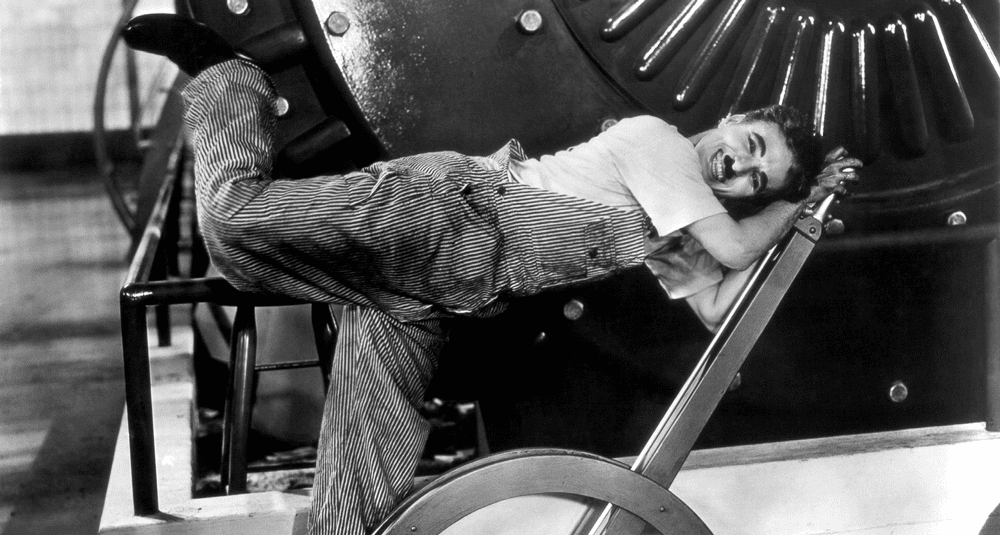
When was Charlie Chaplin's American comedy-fiction Modern Times released?
11936
21956

🙌 Good answer
Charlie Chaplin's American comedy-drama Modern Times was released in 1936.
Next question

😞 Wrong answer
Charlie Chaplin's American comedy-drama Modern Times was released in 1936.
Next question
geography
/ 10

In which American city is the Empire State Building located?
1New York
2Las Vegas

🙌 Good answer
The Empire State Building is located in New York City. This iconic skyscraper is one of the most recognizable symbols of the city and the United States.
Next question

😞 Wrong answer
The Empire State Building is located in New York City. This iconic skyscraper is one of the most recognizable symbols of the city and the United States.
Next question
geography
/ 10

What is the capital of Guatemala?
1Guatemala
2Managua

🙌 Good answer
Guatemala is the economic, governmental and cultural capital of the Republic of the same name, and also the largest metropolis in Central America.
Next question

😞 Wrong answer
Guatemala is the economic, governmental and cultural capital of the Republic of the same name, and also the largest metropolis in Central America.
Next question
nature
/ 10
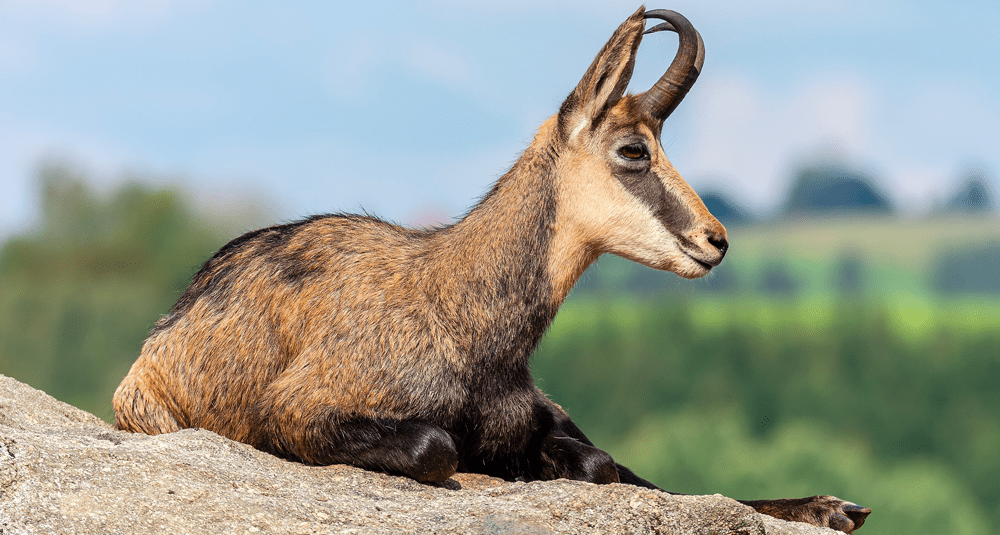
Where can you see chamois?
1Alps
2Pyrenees

🙌 Good answer
Chamois are found in the mountains of Europe, particularly in the Alps, Apennines and Carpathians. They prefer steep, rocky terrain.
Next question

😞 Wrong answer
Chamois are found in the mountains of Europe, particularly in the Alps, Apennines and Carpathians. They prefer steep, rocky terrain.
Next question
sciences
/ 10
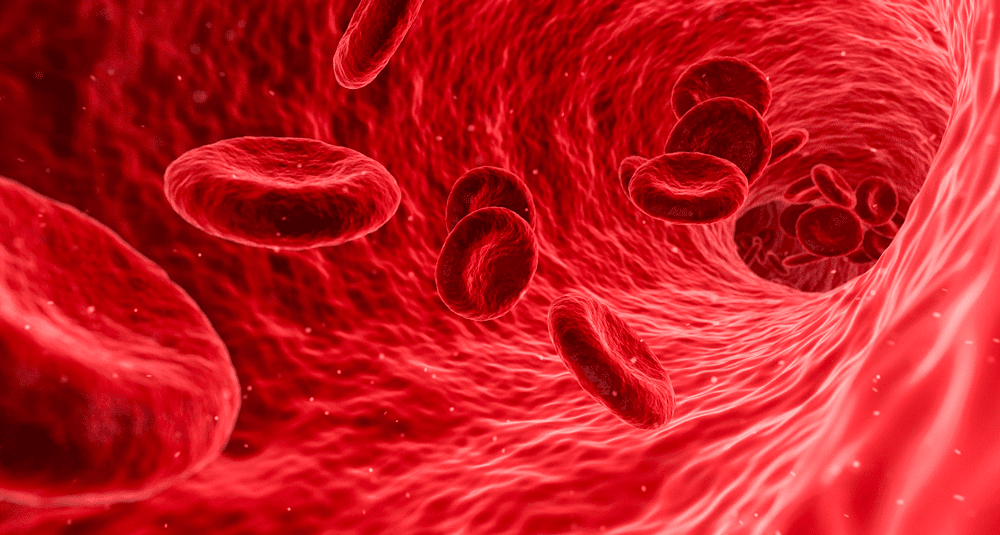
What French doctor attempted a blood transfusion from a lamb to a human being in 1667?
2Jean-Baptiste Denys
1Ambroise Paré

🙌 Good answer
In 1667, French physician Jean-Baptiste Denys made the first attempt to transfuse blood from a lamb to a human being.
Next question

😞 Wrong answer
In 1667, French physician Jean-Baptiste Denys made the first attempt to transfuse blood from a lamb to a human being.
Next question
arts
/ 10
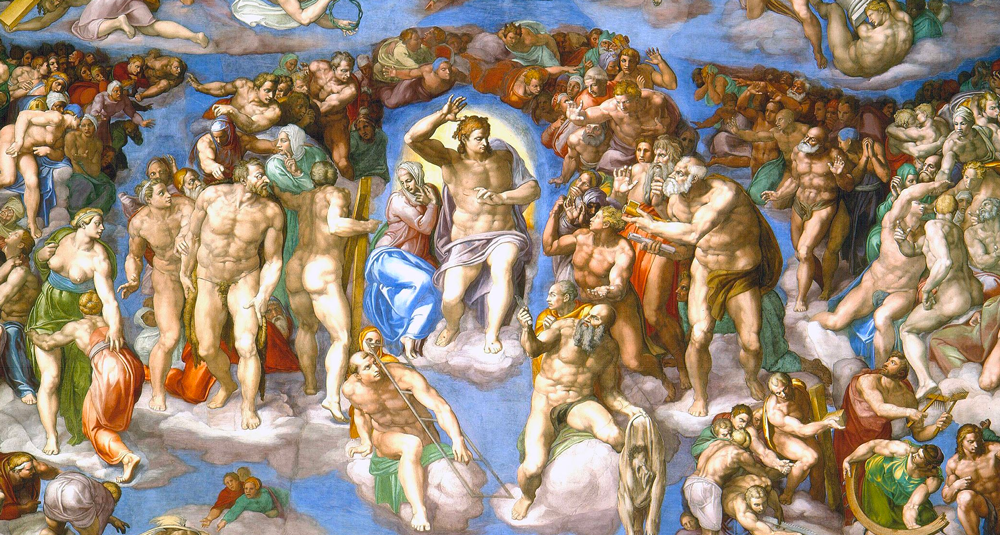
Which pope commissioned the fresco The Last Judgment painted by Michelangelo?
1Clement VII
2Paul III

🙌 Good answer
The Last Judgment is a fresco painted by Michelangelo on the altar wall of the Sistine Chapel in the Vatican. It was commissioned by Pope Clement VII and inaugurated by his successor Paul III in 1541.
Next question

😞 Wrong answer
The Last Judgment is a fresco painted by Michelangelo on the altar wall of the Sistine Chapel in the Vatican. It was commissioned by Pope Clement VII and inaugurated by his successor Paul III in 1541.
Next question
history
/ 10
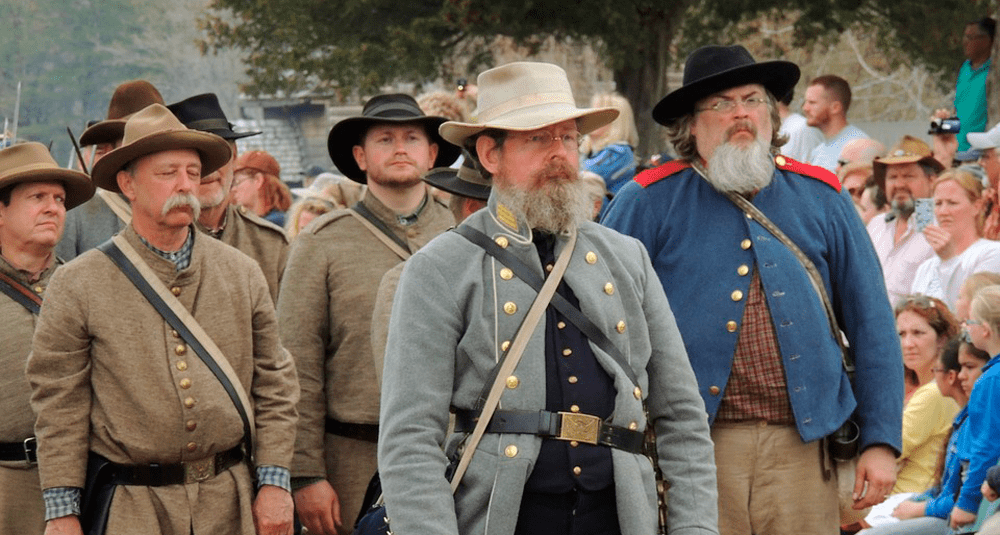
Which soldier is General-in-Chief of Confederate armies?
2Robert E. Lee
1Ulysses S. Grant

🙌 Good answer
Robert Lee is first the commander of the Virginia Armed Forces and then Chief General of the Confederate State Army.
Next question

😞 Wrong answer
Robert Lee is first the commander of the Virginia Armed Forces and then Chief General of the Confederate State Army.
Next question



